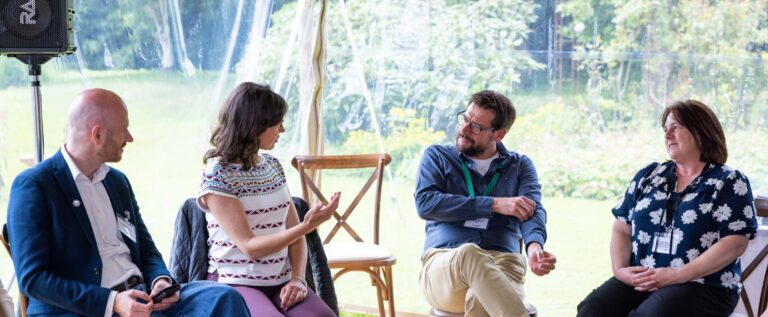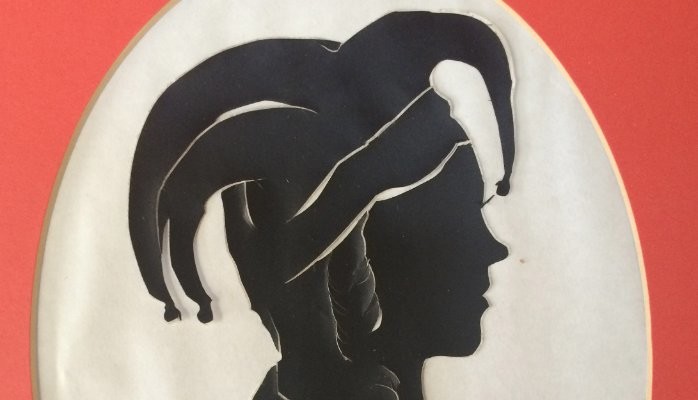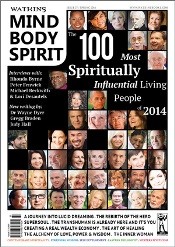For me, it’s having three things in place. A meaningful challenge to meet. A sense of community. An energising conversation that gets me thinking. More on this below.
Here in the northern hemisphere, as autumn arrives, it’s a good time to reflect. What strengthens your leadership? What nourishes your wellbeing? How can you sustain your energy through the shorter days? It would be great to hear your responses.
Meeting a meaningful challenge
Demands on leaders are at an all-time high. More and more people are wanting meaningful work. ‘Quiet quitting’ is trending (when you show up for work but only go through the motions.) The soaring costs of everyday living are making people feel anxious and uncertain, not to mention the climate emergency and on-going war in Ukraine.
Quality leadership has an important part to play. Thought leader Otto Scharmer highlights how the word leadership means ‘to go forth’. The root of the word ‘lead’ comes from the Indo-European word ‘leith’which also translates as ‘to cross a threshold’, or ‘to let go.’ The essence of leadership is being able to hold steady in order to move forwards, even in stormy times.
Over the last 18 months, I’ve noticed a real surge in the demand for the work I do around ‘dialogic leadership.’ There’s less and less tolerance of ‘command-and-control’ leadership where leaders call the shots and expect everyone else to fall in line. What works is dialogic leadership, where leaders create a sense of ‘we’ rather than ‘me’ by building trust, having real conversations and showing up not just with their strengths but their vulnerabilities too.
One way to understand this shift is in terms of ‘reading the room.’ As thought leader David Kantor explains in his book, reading the room is “A priceless leadership skill: the ability to understand what’s going on as people communicate in small groups, including how the leader himself or herself is participating, when the conversation is moving forward, when it may be just about to leave the rails, and possibly even how to guide it back on course.”
Old school leaders make only the ‘moves’ and ‘opposes’ in a conversation. Their comments either assert and cast the direction (a move) or challenge and pushback (oppose.)
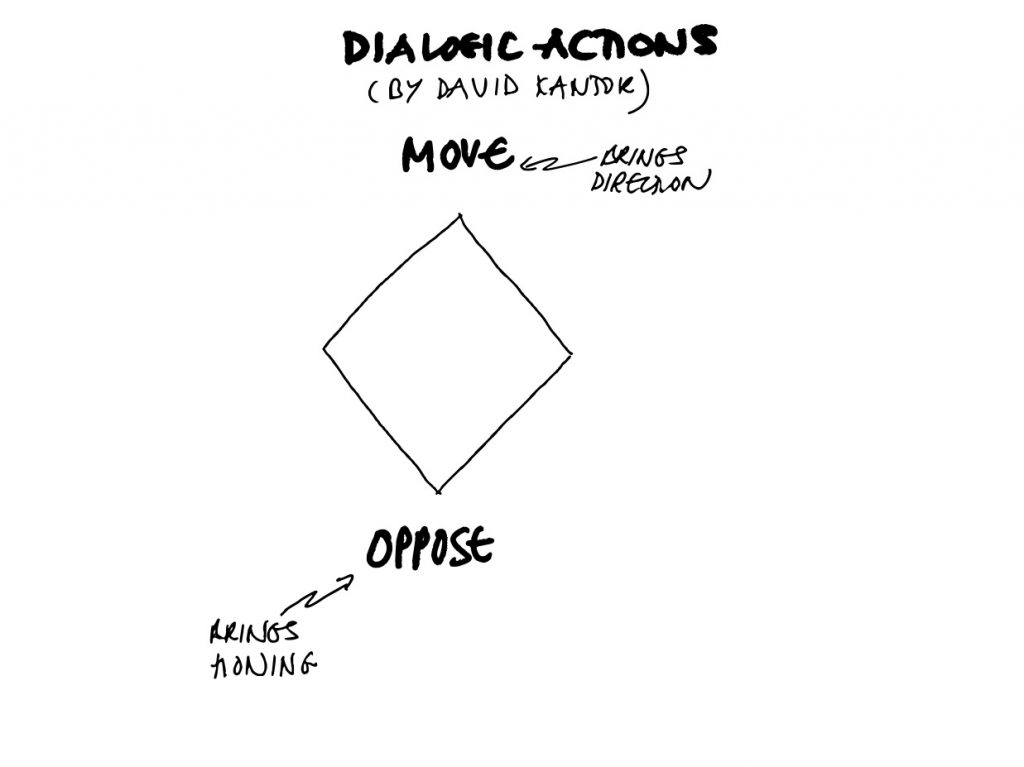
To lead during testing times, a leader needs to develop their ability to ‘follow’ (agree and support) and ‘bystand’ (observe and bring perspective.) It is this expanded capacity that enables a leader to steer a group to meet a ‘meaningful challenge’ (Dr S. Jane Craig uses this term instead of ‘purpose’ and it’s a great way to engage a group in a conversation about their ‘why.’ When a team focuses only on share price, metrics or targets, stuckness sets in.)

In short, stand-out leaders develop their ability to ‘style flex.’ As Michael A. Genovese writes in The Future of Leadership: “They can adjust their dance to the music being played… They recognise when to push and when to back away, when to lead and when to follow, when to speak and when to remain quiet, when to force the action and when to refrain.”
It’s been energizing to build capacity in individuals, teams and organisations to have the conversations that matter most. As purpose guru Simon Sinek said in a recent episode of The Diary of a CEO podcast with Stephen Bartlett, the DNA of our purpose stays the same but the expression of it evolves. I recently challenged myself to articulate my ‘why’ in only seven words and here’s where I got to: Energising people to do great work together. Without dialogue, the ‘together’ part never happens. What are your seven words?
Finding your tribe
To meet the demands of turbulent times, an expanded skillset is not enough. We also need the support and sustenance that comes from being part of a community.
Here’s a pic from last week’s Purpose Collective event in Birmingham at the splendid offices of x+why. The room buzzed with meaningful conversations, new connections and great questions: What did you want to be when you grew up? What would you regret NOT doing? If you didn’t feel any fear of failure, what would you do?
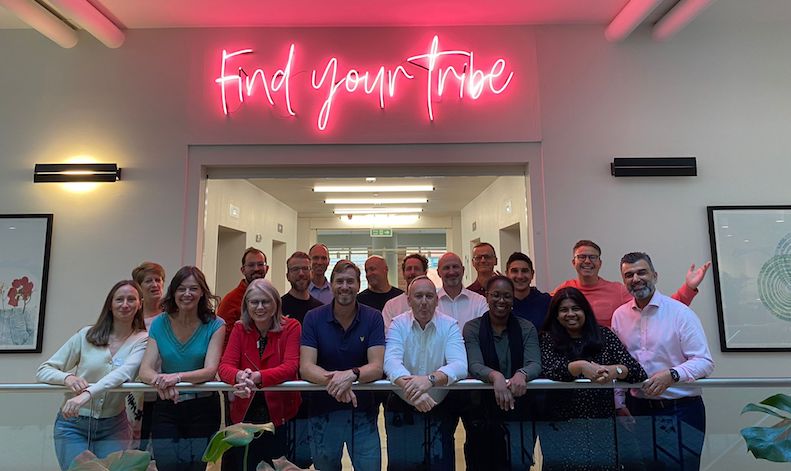
One of our participants shared these stirring words from Henry David Thoreau’s classic book Walden: “The mass of men lead lives of quiet desperation.” Getting together with others who are passionate about having a positive impact reduces the risk of us “going to the grave with our song still in us.”
Singing our song calls for courage. We need to step out of our comfort zone and make it OK to take risks. This is where purpose plays its part and not just as our ‘North Star.’ As a client said to me recently: “Purpose is my anchor; it is stronger than my fear.” Some companionship makes all the difference. If you’d like to plug into your purpose (perhaps even find your tribe), join us for the next Purpose Collective session on 6th October (4-6pm UK.) Our guest speaker Dr Akhtar Badshah will run a Purpose Mindset Discovery workshop, encouraging you to articulate your strengths, identity your values and craft a personal purpose statement. Tickets are free but limited so reserve your seat now.
Conversations I’ve been having
During the summer, I spoke with Minter Dial about the importance of a ‘container’ in which to hold a meaningful conversation. We explored the importance of dialogue for mental health, the impact of cultural differences and much more. Conversations that follow no script have a dynamism to them that an interview or presentation misses. Please take a listen to the podcast here.

